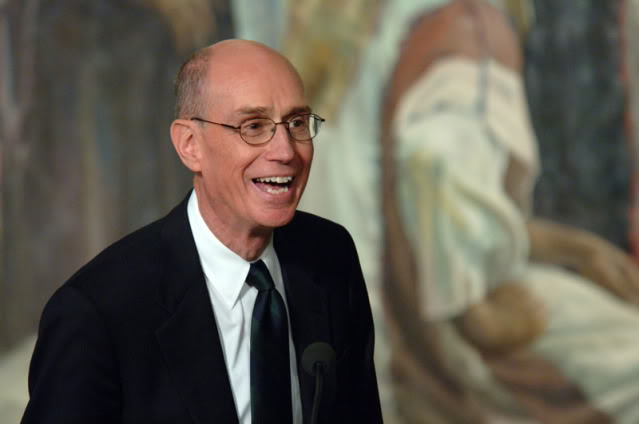Question
Gramps,
Does being Christ-like mean being perfect?
Bryan
Answer
Bryan,
One of the most cited scriptures regarding perfection comes from the New Testament, where Jesus instructs His followers to “be ye therefore perfect, even as your Father which is in heaven is perfect” (Matthew 5:48). This command can be daunting, leading many to question its feasibility. However, understanding the context and the original language can shed light on its true meaning.
The Greek word translated as “perfect” in this scripture is “teleios,” which means “complete” or “fully developed” rather than “flawless” or “without error.” This distinction is crucial; it suggests that perfection is more about growth and maturity in faith than about achieving an unattainable standard of behavior.
The call to perfection is not limited to the New Testament. In the Old Testament, God commands Abraham to “be thou perfect” (Genesis 17:1) and instructs the Israelites to “be perfect with the Lord thy God” (Deuteronomy 18:13). These scriptures reinforce the idea that perfection is a divine expectation. Yet, they also imply that it is a journey rather than a destination.
A key tenet in the doctrine of The Church of Jesus Christ of Latter-day Saints is the belief that while individuals are commanded to strive for perfection, it is ultimately through the grace of Jesus Christ that they can achieve it. The Book of Mormon states, “for we know that it is by grace that we are saved, after all we can do” (2 Nephi 25:23). This scripture highlights the balance between faith and works, emphasizing that while individuals must strive to do good, it is Christ’s grace that enables them to overcome their shortcomings.
While the Church teaches that grace is essential for salvation, it also emphasizes the importance of good works. Members are encouraged to engage in acts of service, follow commandments, and strive to live Christlike lives. This is not to earn salvation but to demonstrate their faith and commitment to God. Elder Dallin H. Oaks, a member of the Church’s leadership, has spoken about the necessity of works in the context of faith, stating that “faith without works is dead” (James 2:26).
Many members of the Church struggle with the concept of perfectionism, often feeling overwhelmed by the expectation to be perfect. This can lead to feelings of inadequacy and shame. However, Church leaders have consistently reminded members that perfection is not about being flawless but about striving to improve and grow. Elder Jeffrey R. Holland has emphasized that God does not expect perfection from us in this life; rather, He desires our sincere efforts and willingness to repent.
At the heart of the Church’s teachings on perfection is the Atonement of Jesus Christ. It is through His sacrifice that individuals can be forgiven and made whole. The Church teaches that everyone will make mistakes and fall short of perfection, but through repentance and reliance on Christ, they can be transformed. This process of becoming “perfect in Christ” (Moroni 10:32) is a lifelong journey that requires humility, faith, and a willingness to change.
Understanding that perfection is a process rather than a destination allows members of the Church to embrace their imperfections. This perspective encourages individuals to view their mistakes as opportunities for growth rather than as failures. The Church teaches that everyone is on a unique path, and comparing oneself to others can lead to discouragement. Instead, members are encouraged to focus on their personal relationship with God and their individual progress.
In striving for perfection, it is essential to set realistic and attainable goals. The Church encourages members to make incremental changes in their lives, focusing on specific areas where they can improve. This approach aligns with the idea of becoming “complete” or “whole” rather than achieving an unattainable standard of flawlessness. By setting achievable goals, individuals can experience a sense of accomplishment and motivation to continue their journey.
The Church emphasizes the importance of community and support in the journey toward perfection. Members are encouraged to uplift and help one another, recognizing that everyone is striving to improve. This sense of community fosters an environment where individuals can share their struggles and successes, creating a culture of compassion and understanding.
Gramps
Related articles:
Is it possible for a person to become perfect?
Since no one is perfect anyway, what is the purpose of worthiness?






